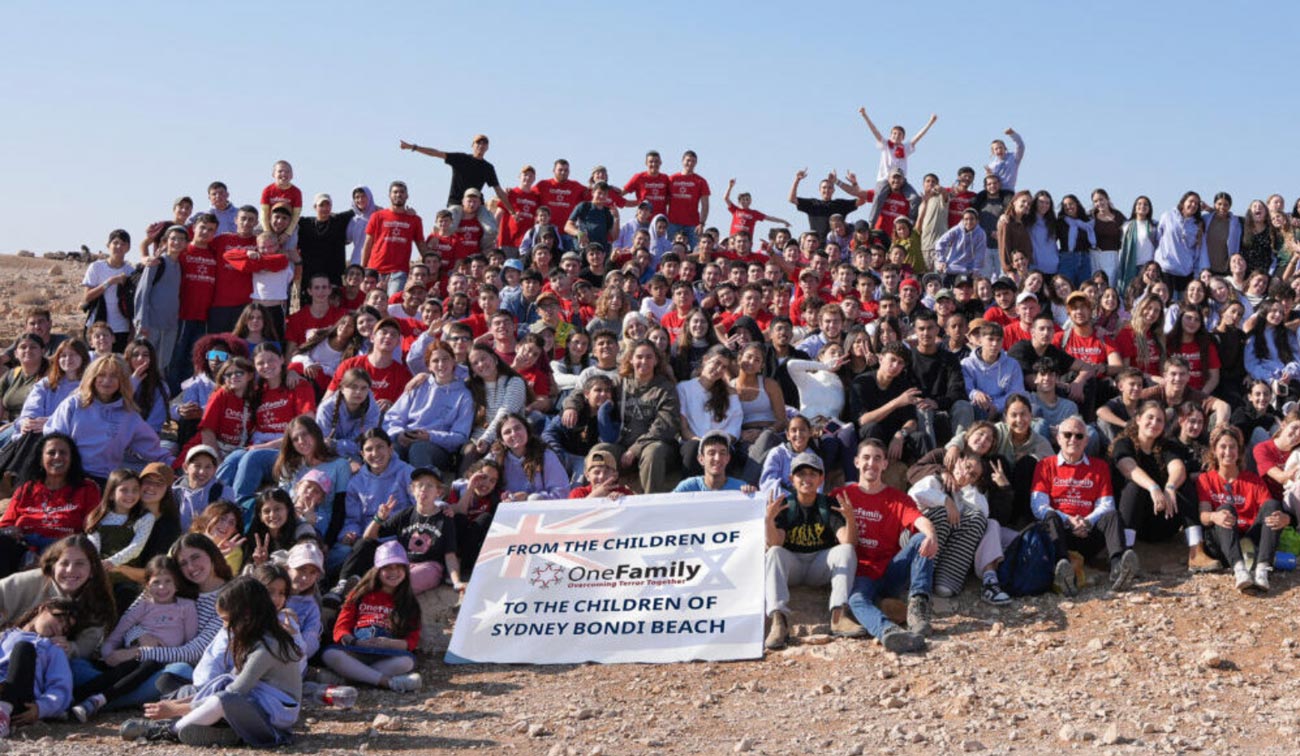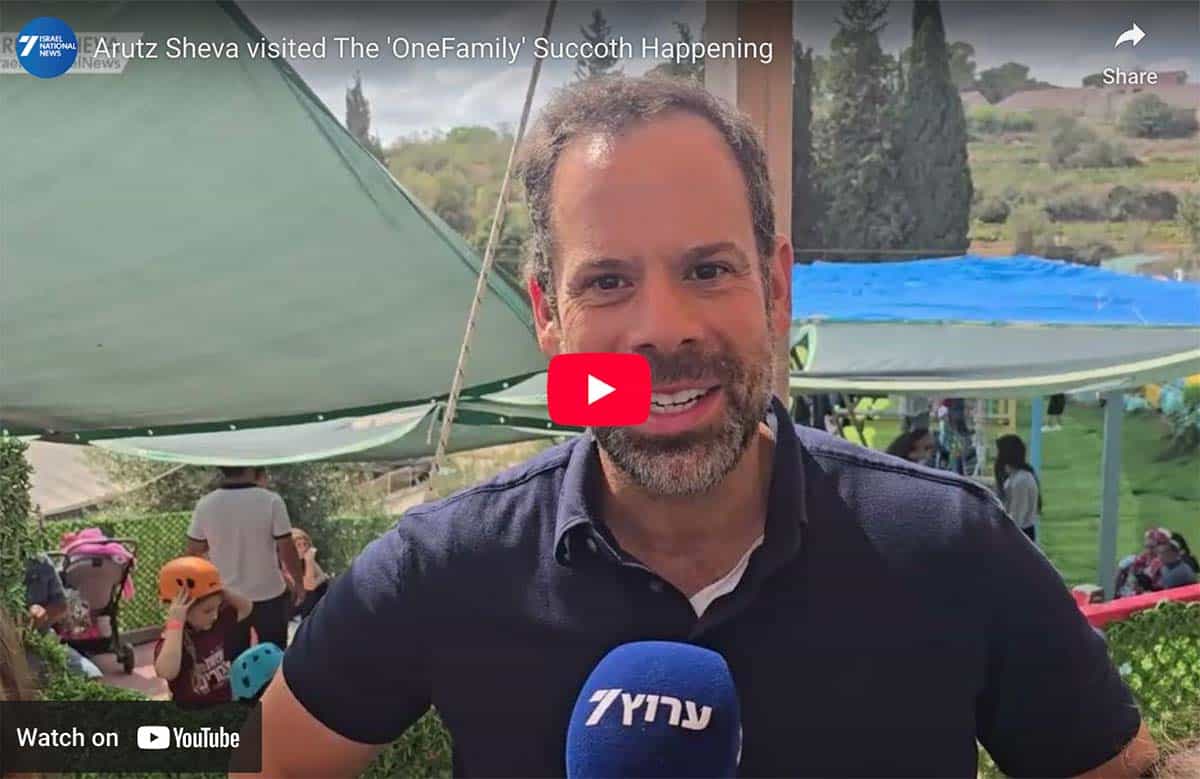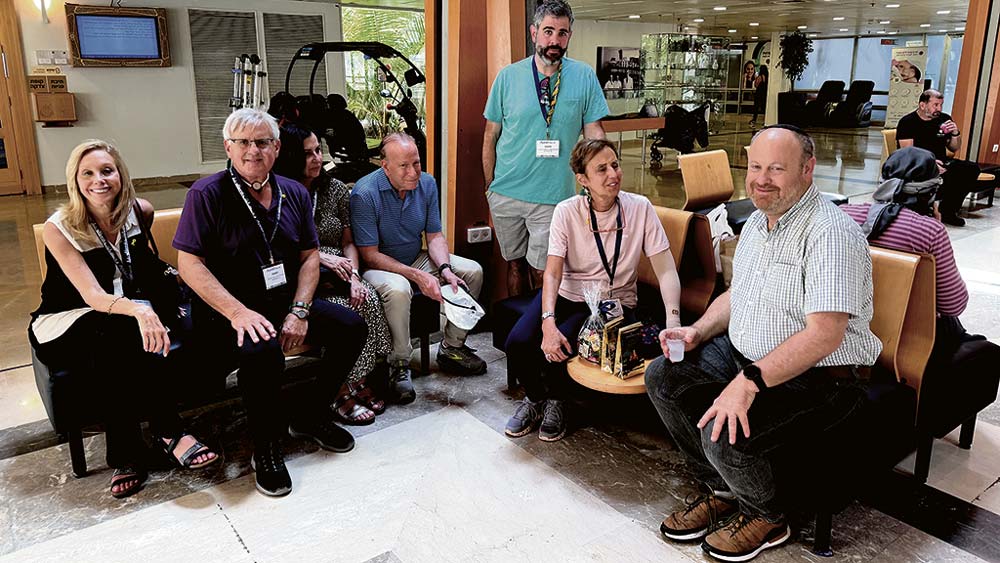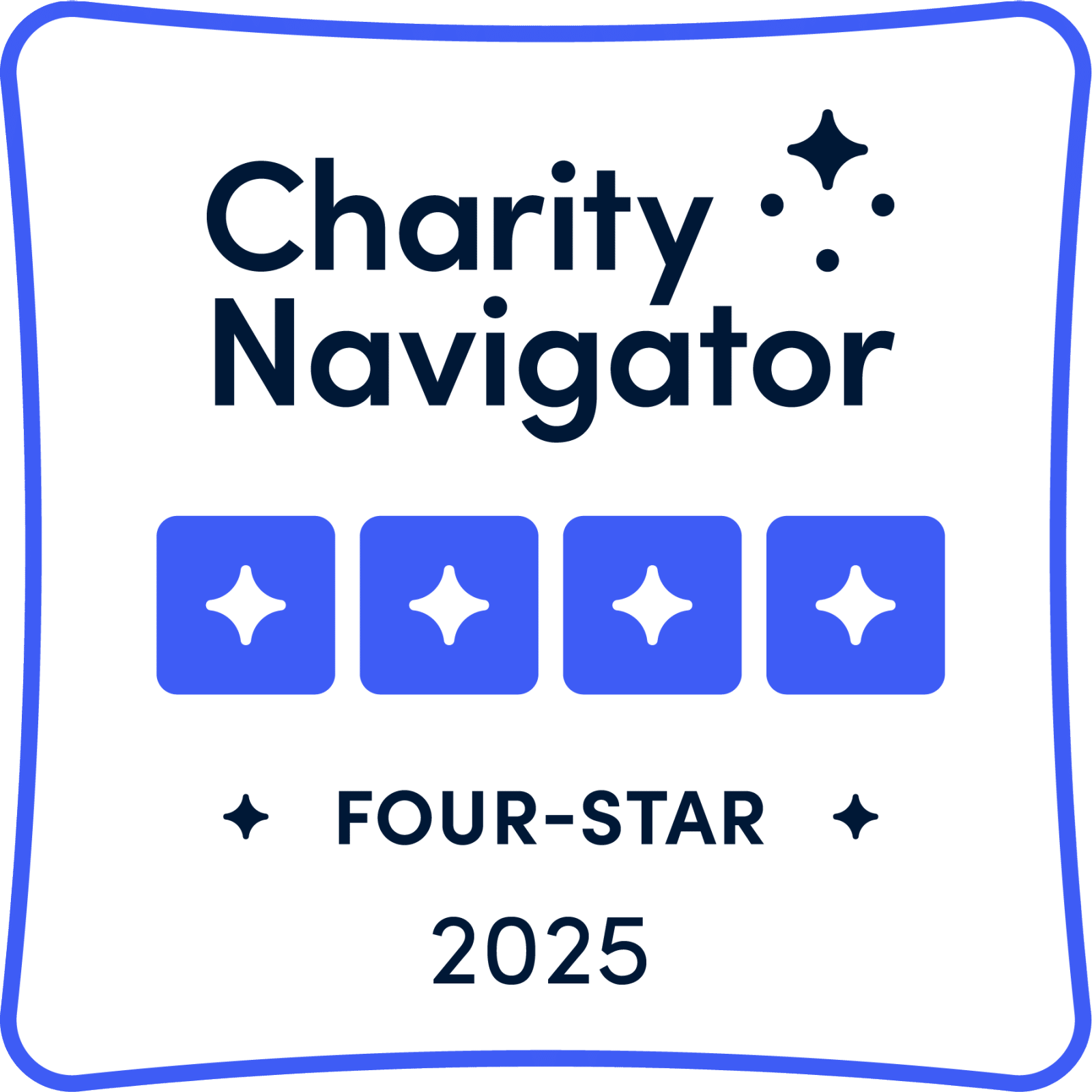Published in Variety (Original article)
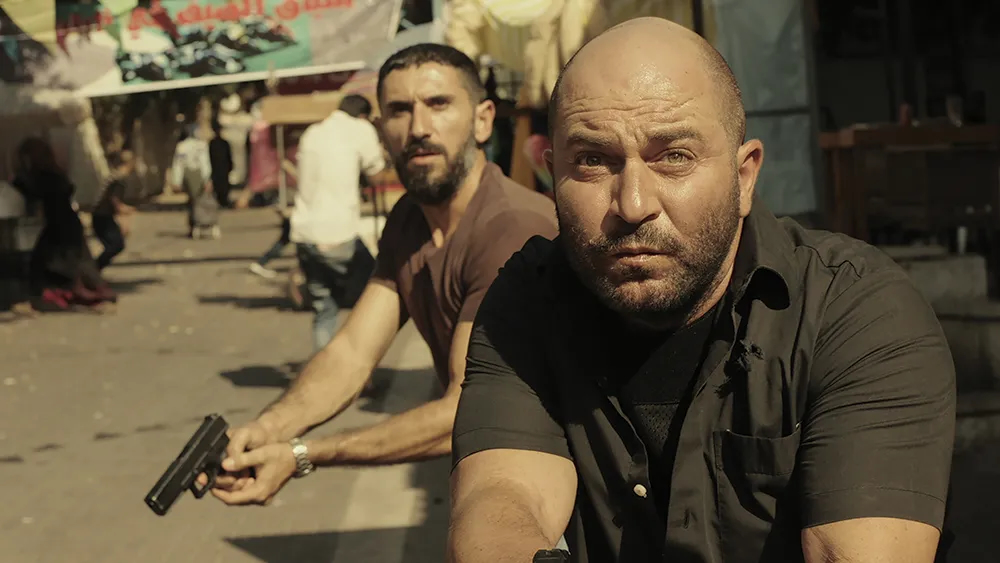
Courtesy of Netflix
For 23 years, the OneFamily organization has provided support, rehabilitation and rebuilding services for the victims of terror attacks, their loved ones and their communities.
Now, amid heightened conflict in the Middle East, the organization’s founders are heading to Hollywood for Variety’s Responsible Storytelling event presented by OneFamily. Andrew Wallenstein, president and chief media analyst of Variety Intelligence Platform, will moderate a conversation with Lior Raz, creator and star of “Fauda,” at the July 25 event.
The goal, OneFamily organizers stress, is to increase support for all terror victims. “We take care of everybody if they’re killed or wounded by a terrorist,” says co-founder Marc Belzberg. “And we will take any religion … We’re a one-stop shop.” Belzberg and his wife, Chantal, who married in New York before moving to Israel 32 years ago, first conceived OneFamily in the wake of a 2001 terrorist attack that disrupted their daughter’s bat mitzvah party in Jerusalem. “After it, I said to my daughter, ‘You’re not going to have a party. You’re going to have a project: you’ve got to go visit every little girl and little boy in the hospital and go to every house where they’re mourning and sit shiva,’” recalls Marc.
“After she did that, my wife and I looked at each other and said, ‘Let’s just take this on as a full-time project, to take care of all the victims of terror.’”
Initially armed with $100,000 in funds from the family’s finance-related businesses, the couple has marshaled more than $80 million in support and services since OneFamily launched. Chantal credits the organization’s proactive approach for its longevity: “We’re not an office where we wait for calls to come in,” she explains. “We reach out and we say, ‘From now on, we’re with you.’”
Contrary to government programs that take a one-size-fits-all tactic with individuals seeking aid, OneFamily provides a spectrum of services that are carefully tailored to each recipient, from financial aid to mental health counseling. “There’s so many different variations of how people deal with loss,” Chantal says. Calling it “peer-to-peer healing,” Marc emphasizes the personal connection they encourage their regional directors to make with each person or family they assist.
“Social workers or psychologists get a set of rules: don’t get too close to the patients,” he says. “We tell our people, ‘There’s no distance between you. You’re going to be there day or night, whenever they need you, no matter what it is they need you for.’”
Operating from Israel at a particularly fraught time in the country’s history, the Belzbergs underscore the fact that OneFamily’s aid is actively apolitical. “No matter what happens, we are totally neutral,” Marc insists. After having provided services for people from so many different age groups, backgrounds and communities, Chantal observes that those they’ve helped are uniquely united — even if only by their grief. “There’s so many meetings with bereaved parents, with widows, and everybody is so different,” she says. “But one thing that’s never discussed is politics.”
Providing unbiased assistance has not only become more difficult, but more costly in recent years. “Awareness creates donations and gets more people involved in helping,” Marc says.
Adds Chantal, “But with good storytelling, you can help people to not completely be forgotten.”

